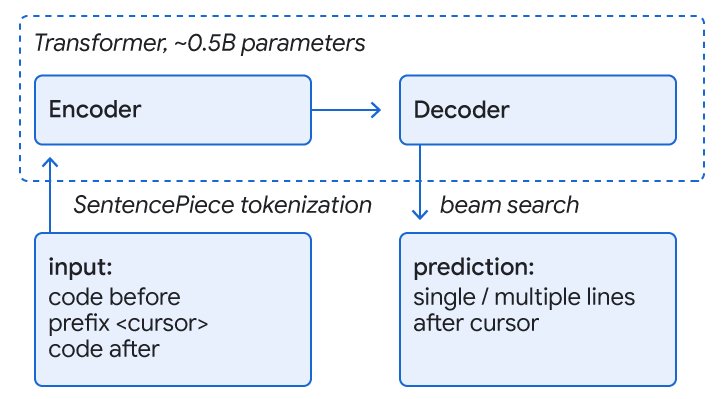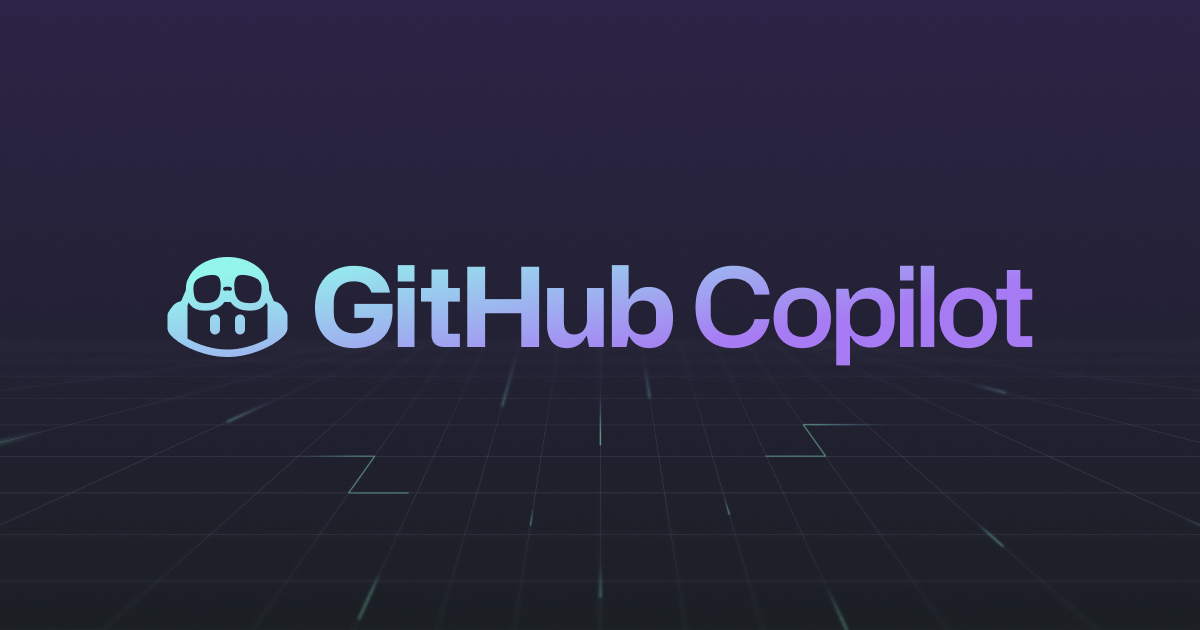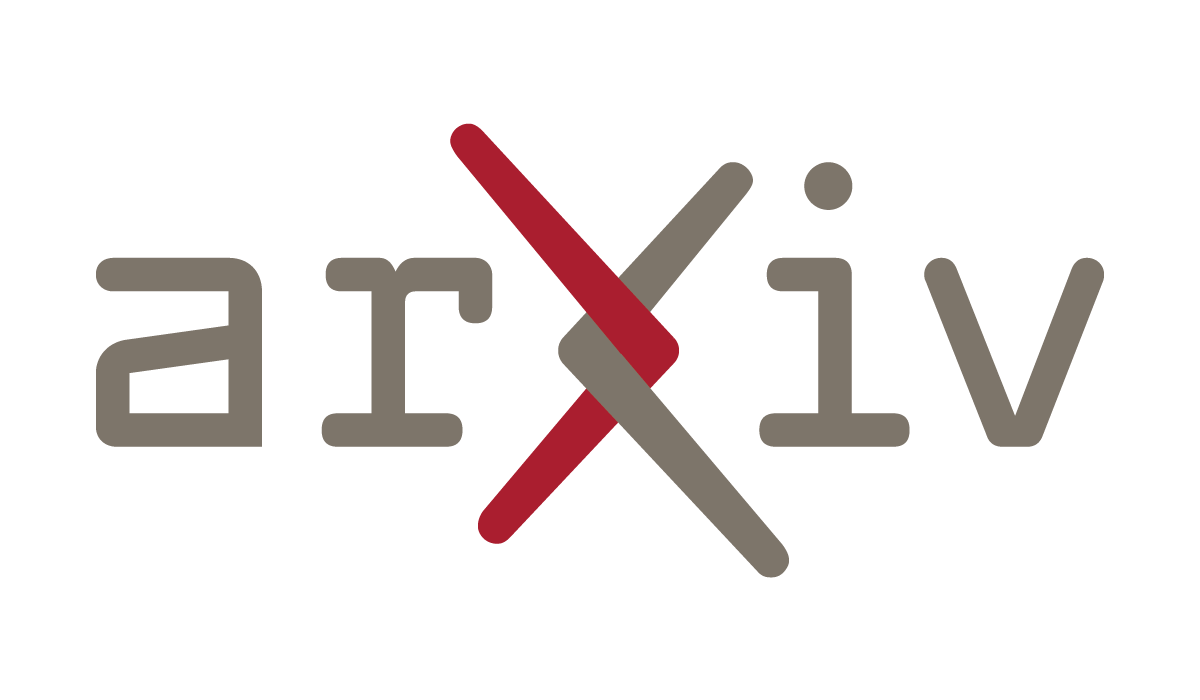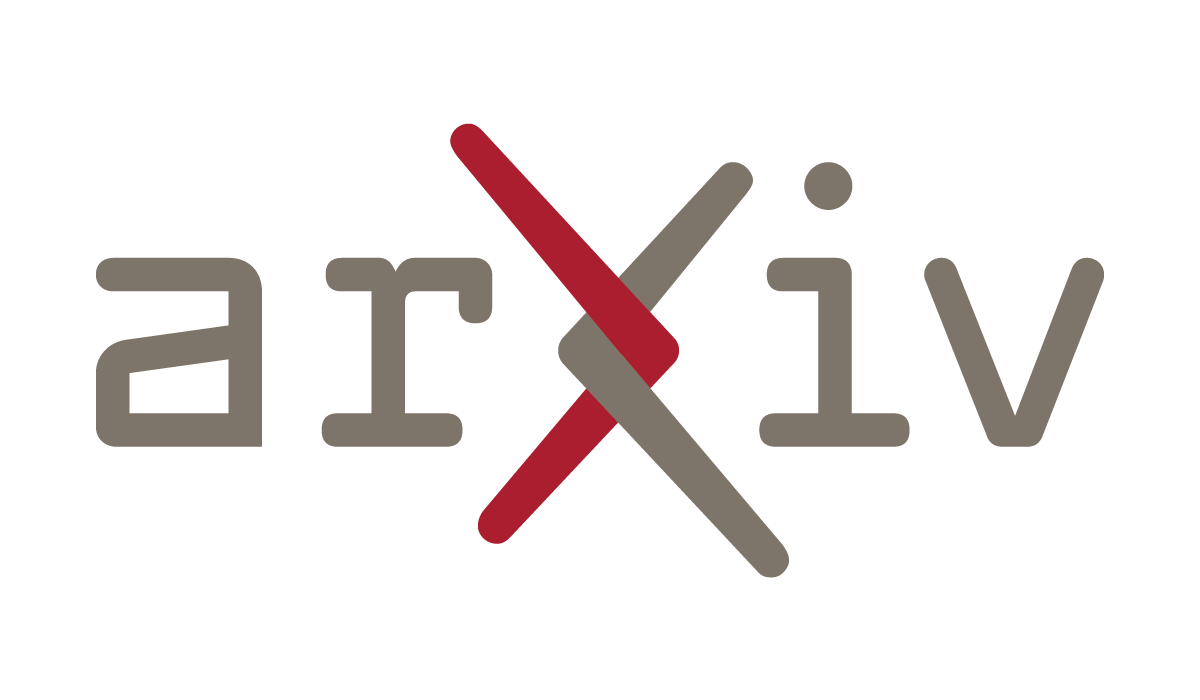AI-Powered Code Editors: Next Generation of Developer Productivity
AI-powered code editors are changing software development by integrating generative AI to automate repetitive tasks, enhance code quality, and streamline workflows.
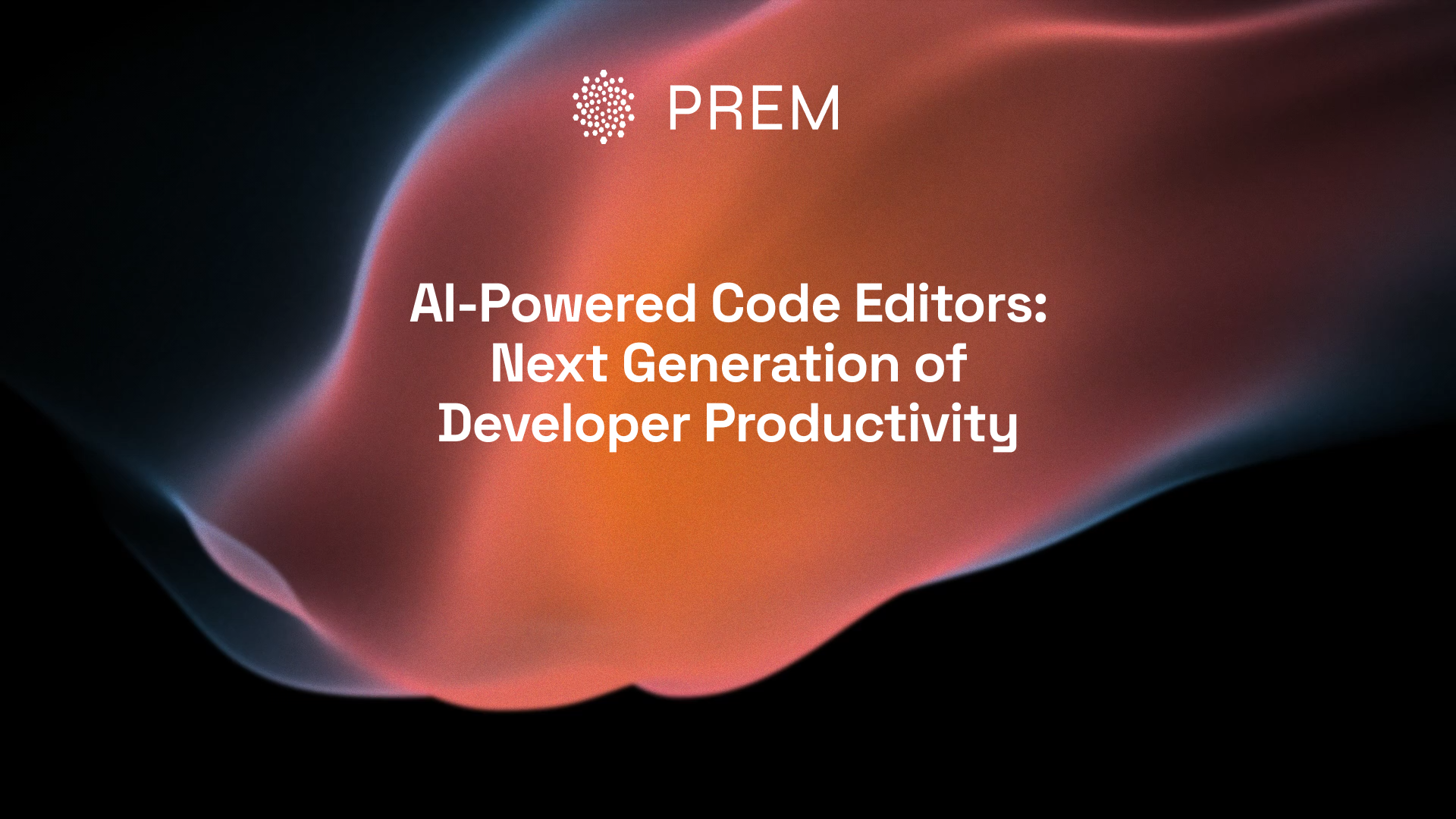
The world of software development has entered a new era. Gone are the days when code editors merely provided syntax highlighting and basic autocompletion. Today, AI-powered code editors, such as GitHub Copilot and Google's ML-enhanced IDE tools, are reshaping the developer experience, pushing productivity and innovation to unprecedented heights.
By leveraging advanced technologies like large language models (LLMs), these tools can generate contextually relevant suggestions, automate mundane tasks, and enable developers to focus on solving complex challenges. Studies reveal that developers using these tools report productivity gains of up to 55%, alongside an improved ability to maintain focus and flow.
This transformative shift isn't just about speed. It's about empowering developers to move beyond rote tasks, fostering creativity, and enabling the realization of ambitious projects with reduced effort. In this article, we'll delve into the mechanisms behind these innovations, their impact on workflows, and the challenges that lie ahead.
The Role of Generative AI in Code Editors
Generative AI is revolutionizing the landscape of code editors, transforming them from simple text processors to intelligent coding assistants. At the heart of these advancements are Large Language Models (LLMs) like OpenAI’s Codex and Google’s PaLM, which enable code editors to understand and generate human-like code sequences. This leap forward has empowered developers to automate repetitive tasks, enhance productivity, and tackle more complex challenges
1. Bridging Automation and Creativity
Generative AI coding tools are unique because they combine automation with creative problem-solving. Unlike rule-based systems, which rely on predefined patterns, generative models can infer intent and generate novel solutions based on context. This capability allows tools like GitHub Copilot to assist developers in generating boilerplate code, drafting complex algorithms, and even refactoring existing code to improve maintainability.
2. Transforming Development Workflows
Modern code editors equipped with generative AI go beyond simple autocompletion:
- Code Generation: Developers can now generate entire blocks of code using natural language prompts, significantly reducing the time needed to write boilerplate or routine functions.
- Error Identification and Debugging: Generative AI tools help identify errors in real-time, suggest corrections, and even provide step-by-step guidance for debugging.
- Enhanced Code Quality: By integrating AI-powered checks, code suggestions are not only syntactically correct but also optimized for performance and security.
3. Expanding Accessibility and Collaboration
Generative AI tools are also making software development more accessible:
- Accelerating Onboarding: Developers new to a codebase can leverage AI tools to understand unfamiliar code and frameworks quickly.
- Collaborative Coding: Acting as a virtual pair programmer, these tools can answer questions, suggest APIs, and provide contextual guidance without the need for external resources.
4. Addressing Challenges
While the potential of generative AI is immense, challenges remain:
- Contextual Understanding: AI tools struggle with tasks requiring a deep understanding of proprietary or complex multi-file codebases.
- Risk of Over-Reliance: Developers must carefully review AI-generated code to ensure it meets performance, security, and ethical standards.
This integration of generative AI into code editors marks a transformative era for developers, where efficiency, innovation, and accessibility converge. As these tools continue to evolve, they promise to redefine the boundaries of what’s possible in software development.
How Generative AI Enhances Developer Productivity
Generative AI has rapidly emerged as a transformative force in software development, streamlining workflows, reducing cognitive load, and redefining productivity. By integrating AI-driven tools like GitHub Copilot and other ML-enhanced IDE features, developers experience not just faster task completion but a more fulfilling and engaging development process.
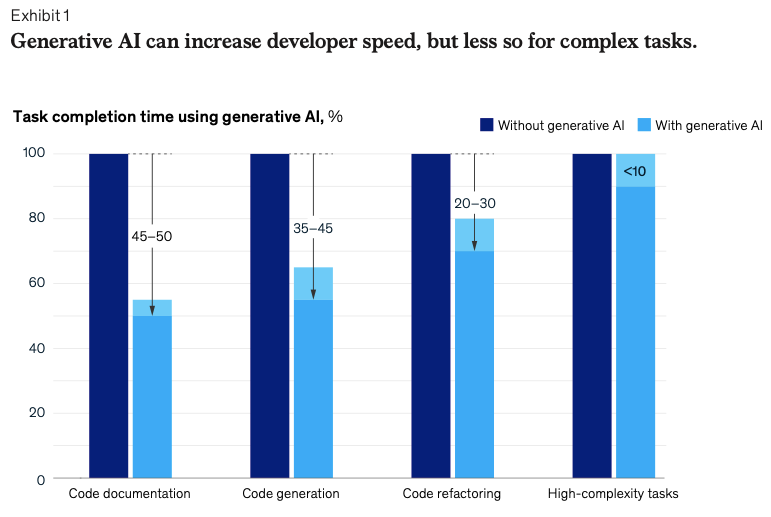
1. Accelerating Task Completion
One of the most notable impacts of generative AI is the dramatic reduction in time spent on coding tasks. Controlled experiments show developers using GitHub Copilot completing tasks up to 55% faster than those relying on traditional methods. These tools excel at:
- Automating Repetitive Work: From autocompleting lines of code to generating boilerplate, AI-powered editors handle mundane tasks, freeing developers for more complex problem-solving.
- Refactoring and Debugging: Generative AI assists with restructuring code for better maintainability and identifying bugs, enabling cleaner, more efficient codebases.
2. Reducing Cognitive Load
Beyond speed, these tools significantly alleviate mental fatigue by automating routine processes and simplifying complex tasks:
- Preserving Flow State: Developers report feeling less interrupted, staying in the flow of coding longer, and enjoying tasks that require higher-order thinking.
- Guided Learning and Support: Generative AI serves as a virtual mentor, offering insights into unfamiliar frameworks, languages, or repositories. This fosters skill development and ensures even junior developers can contribute effectively to projects.
3. Improving Developer Satisfaction
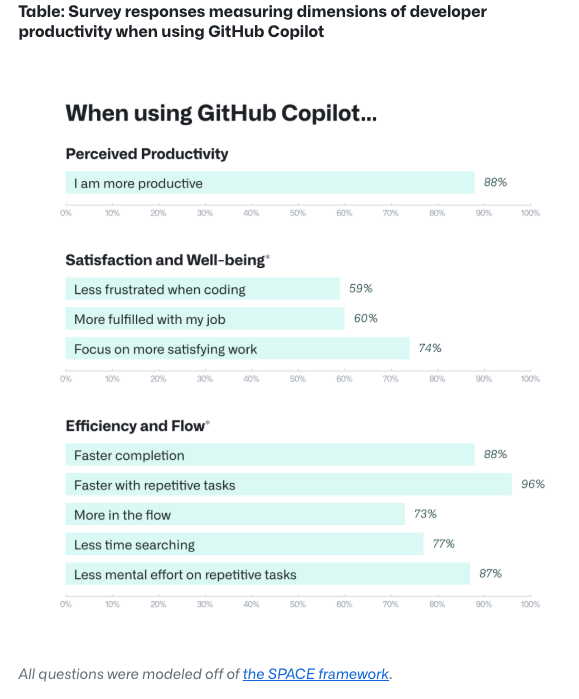
By automating less enjoyable tasks and amplifying creativity, generative AI has a profound effect on job satisfaction:
- Enhanced Engagement: Tools like GitHub Copilot are reported to make coding more enjoyable by shifting focus to creative problem-solving.
- Higher Quality Outputs: Developers using AI tools produce more readable and maintainable code without sacrificing quality, enhancing both personal and organizational outcomes.

4. Addressing Complex Challenges
Generative AI also shows promise in tackling intricate tasks by:
- Breaking Down Complexity: It assists with decomposing multifaceted problems into manageable components, enabling faster resolution.
- Providing Tailored Recommendations: Advanced features allow for real-time, context-aware suggestions that align with the specific requirements of a project.
Limitations and Considerations
Despite its advantages, generative AI tools have limitations, particularly with proprietary, complex, or multi-file projects where contextual understanding is critical. Developers must actively validate AI outputs to maintain security and performance standards.
This evolving landscape of AI-powered coding tools underscores their potential not just to boost productivity but also to make software development a more enjoyable and impactful endeavor. These tools are not a replacement for developers but a complement, amplifying human creativity and efficiency.
While AI-powered code editors like GitHub Copilot offer substantial advantages, their integration into software development is not without challenges. These limitations highlight the need for careful consideration and adaptation to fully harness their potential.
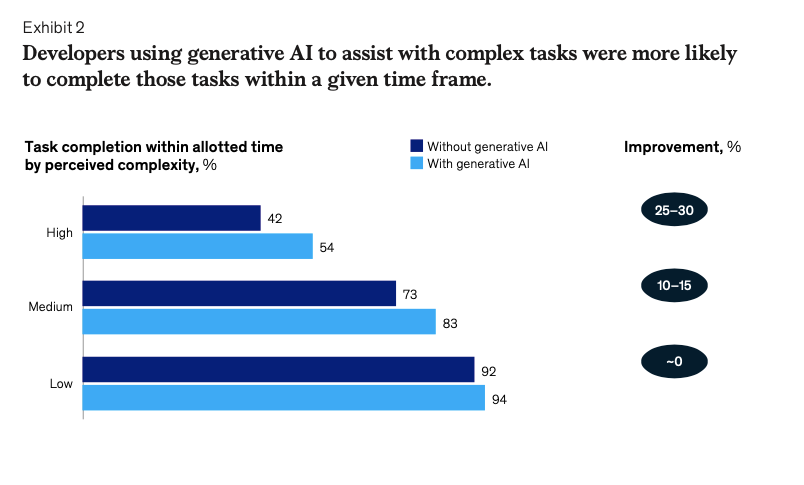
1. Contextual Understanding and Code Complexity
One major challenge for AI-powered code editors is their limited ability to handle tasks that require deep contextual understanding:
- Proprietary Code and Multi-File Contexts: AI tools often struggle with proprietary or complex multi-file codebases. Without access to all relevant dependencies, these tools can produce incomplete or inaccurate outputs.
- Complex Business Logic: Generating code for tasks involving intricate business logic often requires human intervention to ensure accuracy and alignment with project requirements.
2. Error-Prone Outputs
AI tools can occasionally introduce errors or produce inefficient code:
- Buggy Suggestions: Developers have reported cases where AI-generated code contains subtle bugs, such as improper handling of edge cases.
- Optimization Issues: While generative tools can refactor code for readability, they sometimes overlook performance optimizations critical for high-stakes applications.
3. Security and Privacy Concerns
Using generative AI in sensitive development environments raises concerns about data security and intellectual property:
- Exposure of Confidential Data: Developers may inadvertently expose sensitive information in their prompts, posing risks to organizational security.
- Potential for Vulnerabilities: AI-generated code may inadvertently include security loopholes, necessitating rigorous review processes(The Impact of AI on.
4. Developer Dependency
Over-reliance on AI tools can lead to skill stagnation:
- Loss of Foundational Skills: Over time, excessive dependence on AI-generated code may hinder developers from honing critical coding skills like debugging and algorithm design.
- Reduced Problem-Solving Engagement: By automating routine tasks, AI tools might reduce developers’ direct involvement in problem-solving, affecting their overall expertise.
5. Legal and Ethical Challenges
AI-powered editors face unique challenges related to legality and ethics:
- Copyright Issues: Questions around the ownership of AI-generated code, especially when trained on publicly available datasets, remain unresolved.
- Bias in Training Data: AI tools trained on biased or incomplete datasets may perpetuate those biases in their code suggestions, leading to potential legal and ethical implications.
Mitigating the Challenges, some case studies
To address these issues, organizations and developers can adopt the following strategies:
- Comprehensive Training and Upskilling: Equip developers with knowledge on prompt engineering and best practices for integrating AI tools.
- Enhanced Review Processes: Implement stricter code review protocols to identify and rectify AI-generated errors and vulnerabilities.
- Secure Deployment Practices: Ensure AI tools operate in secure environments to prevent data breaches.
As AI-powered editors continue to evolve, addressing these challenges will be essential for maximizing their benefits while minimizing associated risks. These tools are a powerful ally, but their effectiveness depends on thoughtful and informed integration into the development lifecycle.
AI-powered code editors have proven their value across various real-world scenarios, streamlining workflows, enhancing productivity, and enabling developers to tackle increasingly complex challenges. The following case studies showcase how tools like GitHub Copilot and Google’s ML-enhanced IDEs are transforming software development.

1. GitHub Copilot: Revolutionizing Pair Programming
GitHub Copilot has redefined the concept of pair programming by acting as a reliable, context-aware coding assistant. Studies indicate:
- Efficiency Gains: Developers using GitHub Copilot in a controlled study completed tasks 55% faster compared to those without access to the tool.
- Enhanced Debugging: Copilot’s ability to identify and correct syntax errors in real time has significantly reduced debugging cycles.
- Broadened Accessibility: It has empowered junior developers by providing step-by-step guidance and filling knowledge gaps during onboarding.
2. Google’s ML-Enhanced IDEs
Google has integrated machine learning into its IDEs to provide hybrid semantic and ML-powered code completion:
- Contextual Suggestions: By combining transformer models with rule-based engines, Google’s system offers highly accurate, multi-line code predictions.
- Improved Acceptance Rates: Semantic checks on ML-generated code have nearly doubled the acceptance rate of suggestions, fostering trust among developers.
- Time Savings: Developers reported a 6% reduction in coding iteration time, demonstrating the tangible productivity impact of these tools.
3. AI in Code Documentation and Refactoring
Generative AI has also proven effective in tasks like documentation and refactoring:
- Automating Documentation: Tools can generate clear, comprehensive documentation for methods and functions, saving time and ensuring consistency.
- Refactoring for Maintainability: AI tools assist in restructuring code to enhance readability and scalability while maintaining functionality.
4. Task-Specific Applications
Different development tasks have showcased varying degrees of success:
- Unit Test Generation: AI-powered tools have facilitated the creation of unit tests, improving code coverage and reducing manual effort.
- Legacy Code Migration: AI-driven translation of legacy code into modern programming languages has accelerated the modernization of outdated systems.
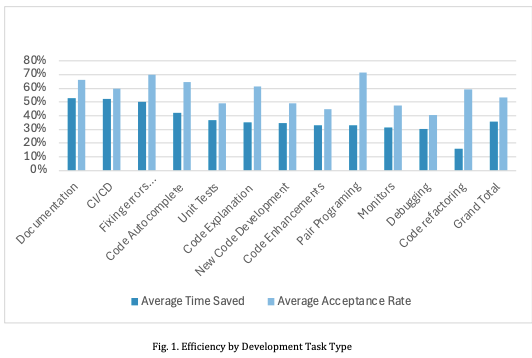
Emerging Innovations
Future advancements in AI-powered code editors are expected to include:
- Multimodal Capabilities: Incorporating visual and contextual inputs, such as diagrams or video, to enhance code understanding.
- Full Project Management: Beyond code generation, AI will play a more significant role in managing dependencies, deployment pipelines, and cross-team collaboration.
Transforming Software Development with AI-Driven Code Editors
AI-powered code editors are not merely tools of convenience; they represent a paradigm shift in software development. By enhancing productivity, improving code quality, and expanding accessibility, these technologies empower developers to focus on innovation rather than routine tasks. However, realizing their full potential requires addressing existing challenges and adopting strategies to ensure seamless integration.
Transforming Productivity and Developer Experience
Generative AI has redefined what developers can achieve within a limited timeframe:
- Unleashing Creativity: By automating repetitive coding tasks, developers can channel their energy into solving complex problems and creating impactful solutions.
- Enhancing Collaboration: Acting as a reliable coding assistant, AI tools foster collaboration between team members and across organizations.
The Road Ahead
As generative AI technologies evolve, their applications will expand beyond coding assistance to broader aspects of software development:
- Advanced Context Integration: Future tools may seamlessly incorporate organizational knowledge, real-time project data, and developer-specific preferences to enhance suggestions.
- Ethical AI Deployment: Companies must navigate challenges related to data privacy, intellectual property, and ethical considerations to ensure responsible usage.
Call to Action for Developers and Organizations
To make the most of AI-powered code editors, developers and organizations should:
- Invest in training and upskilling to familiarize teams with the capabilities and limitations of these tools.
- Establish robust review protocols to validate AI-generated code for security, quality, and relevance.
- Advocate for continuous innovation, collaborating with AI providers to refine and expand tool capabilities.
The journey of AI-powered code editors is just beginning. By embracing these tools and addressing their challenges head-on, developers can unlock unprecedented opportunities to innovate and shape the future of software development.
References:
